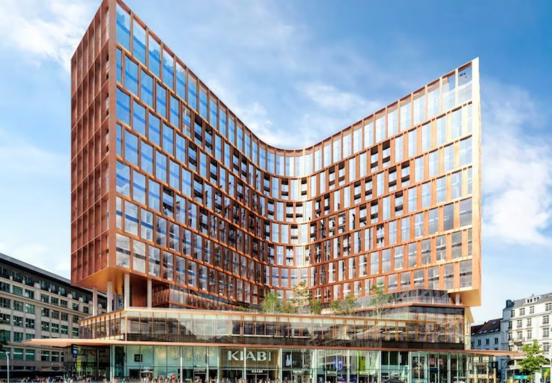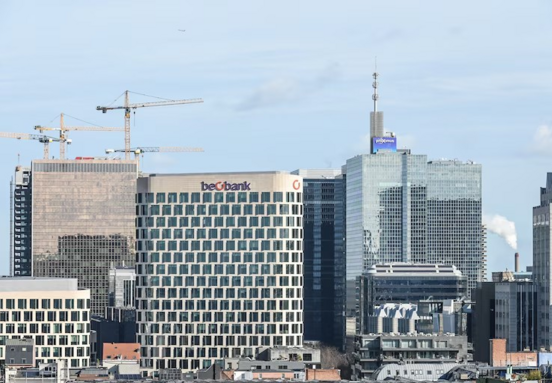The rise of flexible workspaces in Belgium
Once primarily made up of traditional business centers from the 1990s, Belgium's flexible office sector has evolved dramatically. Today, with over 500 active centers, the market is increasingly converging into a hybrid 'flexible office' model.
While a significant portion remains independent, major players are driving professionalization. This shift offers businesses unparalleled flexibility, moving away from rigid long-term leases towards adaptable solutions that cater to diverse needs.
Market resilience and strong growth projections
After navigating severe challenges in 2020 due to global events, the Belgian flexible office market has demonstrated remarkable resilience. In 2023, the sector achieved a global turnover of €330 million and an EBITDA of nearly €60 million, marking a strong return to profitability driven by improved occupancy rates and strategic pricing. For businesses, this indicates a stable and thriving ecosystem. Projections are ambitious, suggesting that flexible offices could constitute 10% of the Belgian tertiary park by 2030, underscoring its long-term viability and growth potential, provided supply keeps pace with demand.
Meeting evolving business demands
The contemporary business landscape demands agility, and flexible offices deliver. Growing client demands from large corporations, agile scale-ups, and independent freelancers are pushing the market towards higher standards. Businesses are now looking for integrated services, enhanced flexibility, and crucial certifications, such as environmental labels like BREEAM. This drives operators to invest in digitalization, superior service quality, and premium amenities, ensuring that businesses can find spaces that not only meet but exceed their operational and sustainability requirements.
Overcoming challenges for a maturing market
While the real estate market in Belgium has historically favored traditional long-term leases, often complicating the adoption of flexible, operated office models, the sector is actively working to overcome these hurdles. Industry associations like the Belgian Workspace Association (BWA) are instrumental in professionalizing the sector, providing support, training, and advocating for broader acceptance of management contracts. This collective effort ensures a more transparent and supportive environment for both operators and businesses looking to utilize flexible spaces, solidifying the market’s path to sustainable growth and adaptability to evolving client needs.
Source: workinglife.fr







